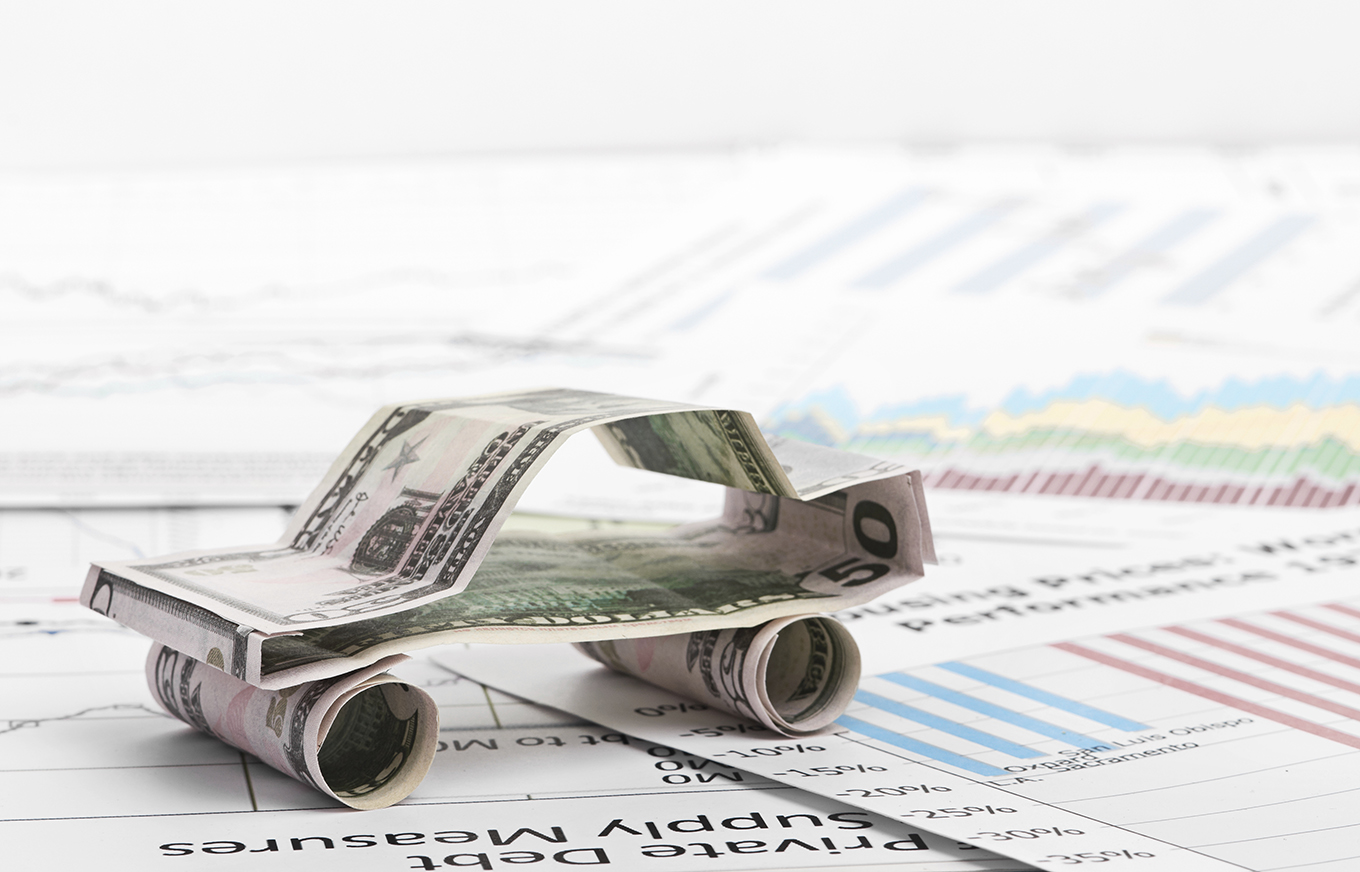When I was a student the prospect of buying and running a vehicle seemed like an unachievable ambition, it is a deceptively expensive, complex and stressful process. Luckily I am endowed with some very wise friends, who stepped up and offered some exceptionally practical advice. Whether new or used, buying a car is an expensive undertaking. It is not as simple as opting for the cheapest model; you also have to think about the long term, the interest, the insurance, the petrol consumption and the depreciation that sets in from your first drive. The general pessimism surrounding student car purchases are well grounded – The Daily Mail has highlighted that the cost of running a car is only increasing year on year, in 2011 costs were said to have increased by 20% in comparison to the previous year.
With all this in mind I have put together a simple guide orientated towards students who are looking to buy their first car. So without further ado let us begin with the obvious…

Buy a Used Car
Did you know that used cars lose as much as 40% of their value in the first year. Used should not be associated with ‘lesser’ or poorer quality; some of these vehicles have only been used for short durations of time and when looked at objectively offer very little difference other than a less daunting price tag.
Of course, whilst preferable from an economic point of view they do come with a somewhat higher level of risk. It is always important to ask about the service history of a car, as well as view the vehicle in a well-lit area so you can observe any artificial damage it may have received throughout its previous ownership. It may be worth finding out if the dealer is actually the owner of the car – dealers may be invested in a sale due to the prospect of commission but there is less of an incentive for the actual owner to twist the truth.
In brief, it helps to stick by your cynicism. If a deal sounds too good to be true, it just might be. Check online to see what the car was originally worth, and take the car for a test drive to see if everything runs seamlessly – outside of the purchase of the car itself, you do not want to find yourself paying for hidden costs, so explore every avenue to ensure that you find yourself a great deal. I was fortunate to find myself with a trusted dealer in the form of Livery Dole, but it does help to have a look at user reviews online to ascertain whether customers had a good buying experience.
Car Customisation:
When I talk about customising your car, I am not referring to artificial additions such as spoilers or racing stripes. If you find a car that is cheap and functional but missing a few components that are important to you, such as a CD player, boot mat, or wiper blades – it is worth looking online to see if you can find these things for a reasonable price anyway. It is worth investigating if you find a cheap car you like that is missing a few essentials. My personal favourite is Consumer essentials but there are plenty of websites that offer cheap means to improve your vehicle, perhaps even saving you money that you may have spent on a car that comes with everything pre-installed.
Car Pooling
Many people simply don’t have the patience to collect people on their way to work or University – However, if you are one of those fortunate individuals who happen to know a group of people that often travel in the same direction at the same time they could chip in for petrol. It is a mutually beneficial arrangement; it is more convenient than public transport and it helps you save money on your own journey. Consider that everyone could chip in on parking as well and you will find yourself making a significant daily saving.
Look after your car!

This last recommendation is also one of the most beneficial. Many people concern themselves with the costs that accompany vehicle damage or repairs – there is a simple and fairly obvious remedy to this obstacle though, and that is to look after and check up on your car’s wellbeing frequently. I actually found a very useful resource to assist with this on Wikihow. This source recommends that you utilise the term “TOWBIF” whilst not particularly memorable or even remotely akin to an actual word, it is infinitely useful.
- Tires: You can test the pressure of tires, the greater the pressure the more beneficial the effect on your fuel consumption, having the correct pressure can decrease your fuel consumption by as much as 5%.
- Oil: It is recommended that you have your oil changed every 5,000 miles which is likely to maximise the efficiency of your engine.
- Windows: You can check your windows to ensure that any cracks are dealt with early, as this is far cheaper than having to have them replaced.
- Brakes – it is important that you have your brakes checked once a month in order to ensure that they are fully responsive – this will help minimise the likelihood of a crash.
- Interior – this one is simple, the more frequently you clean your vehicle the less likely it is to receive permanent damage. Small things such as the collection of dust can act to damage your CD player etc
- Fluids – Wikihow claims that this encompasses all fluids from coolant to transmission. They all need to be checked at least once a week.
Now this may seem like a lot of work but they are all relatively small activities that are not at all time consuming and will save you effort in the long run. This is everything that I have to offer in terms of advice, however, should anyone have any more experience to offer, by all means do so in the comments section below.




